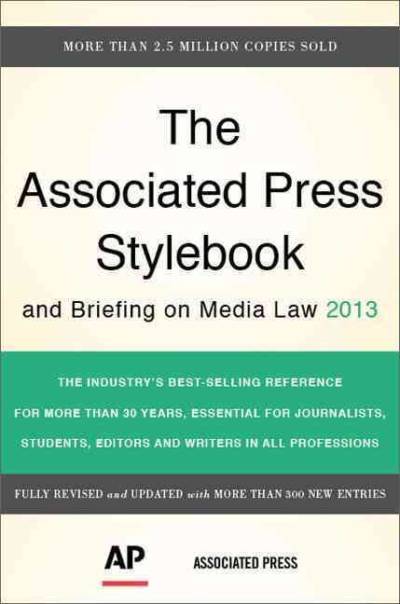Many issues arise in writing “text,” i.e., non-broadcast copy, that may not come up when you’re writing for the radio.
First, it endures: Google will continue to refer people to your post long after you’ve forgotten writing it.
 Second, it’s a magnet: It’s a version of the story that, unlike your ephemeral broadcast stories, our audience can pore over and comment upon.
Second, it’s a magnet: It’s a version of the story that, unlike your ephemeral broadcast stories, our audience can pore over and comment upon.
The upshot is: It needs to be right.
Some basic resources:
•The Associated Press Stylebook (Twitter: @APStylebook)
•KQED Online Style Guide
•Webster’s New World Dictionary
•NPR’s “Sound Reporting”
•Gudde’s “California Place Names”
•The World Wide Web
•Google calculator
